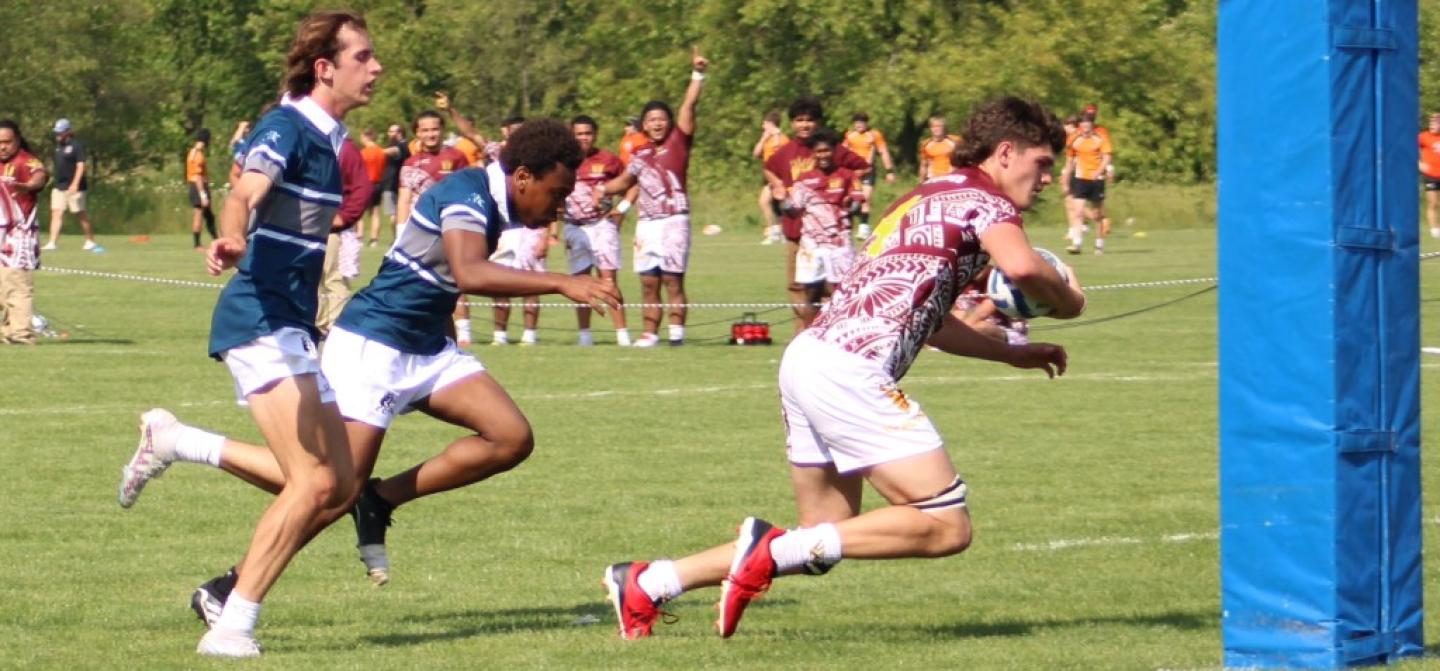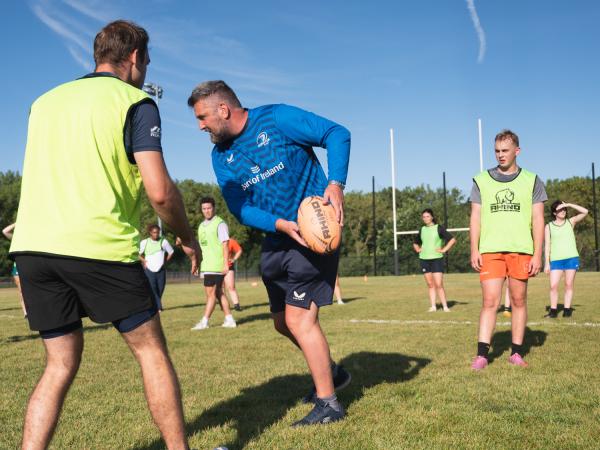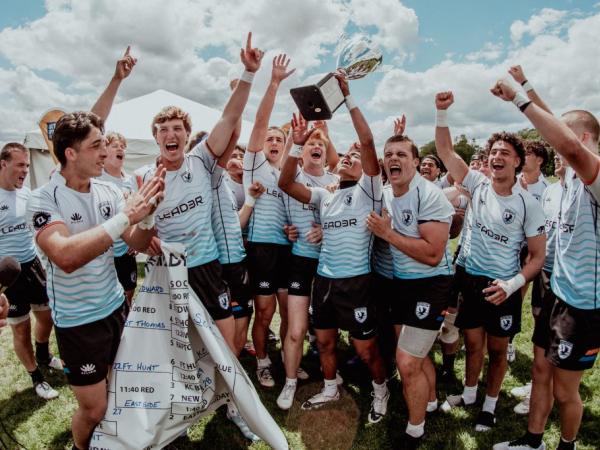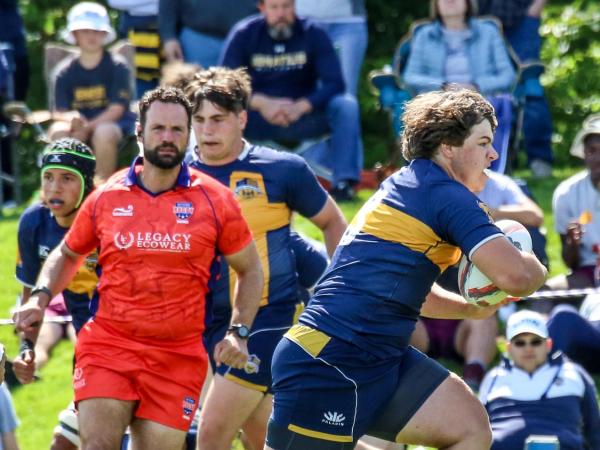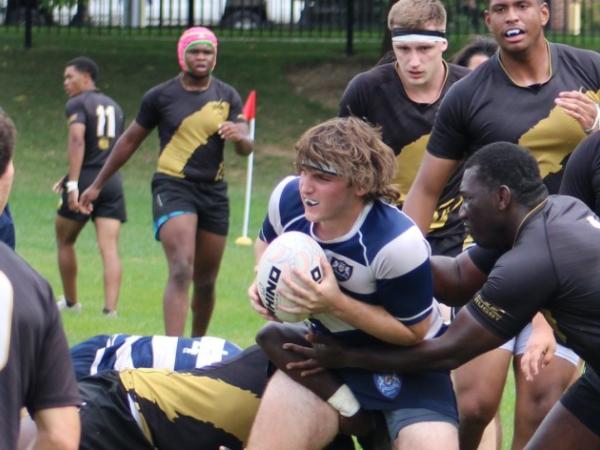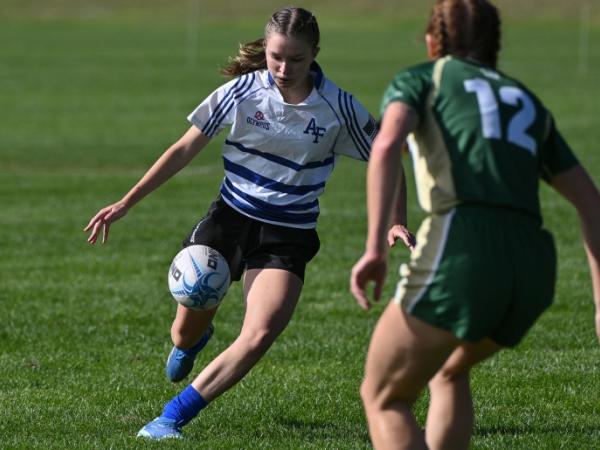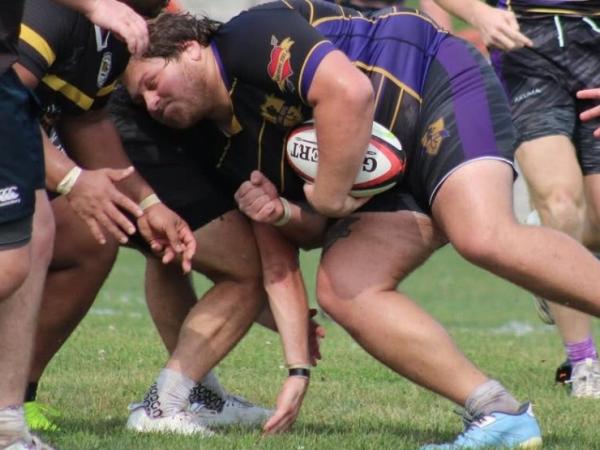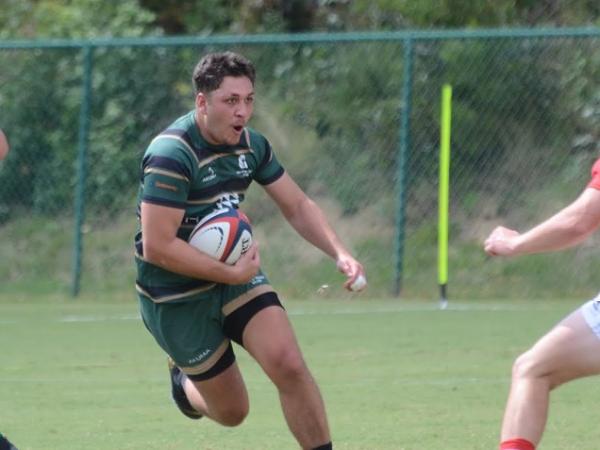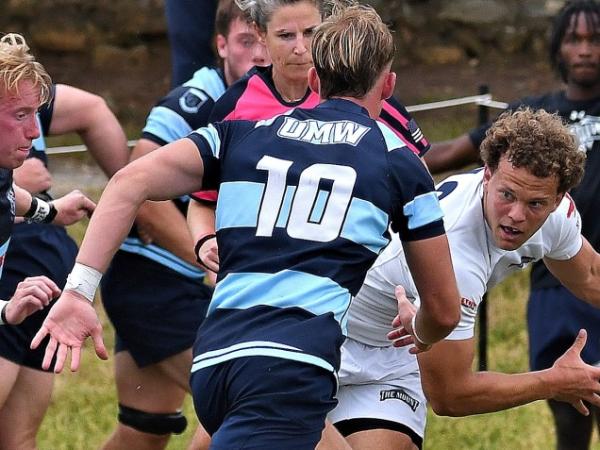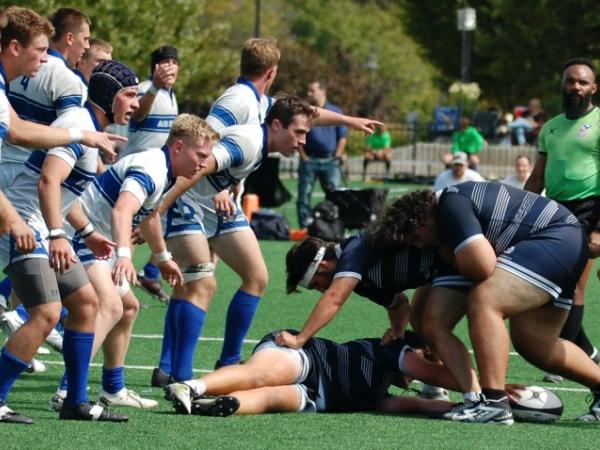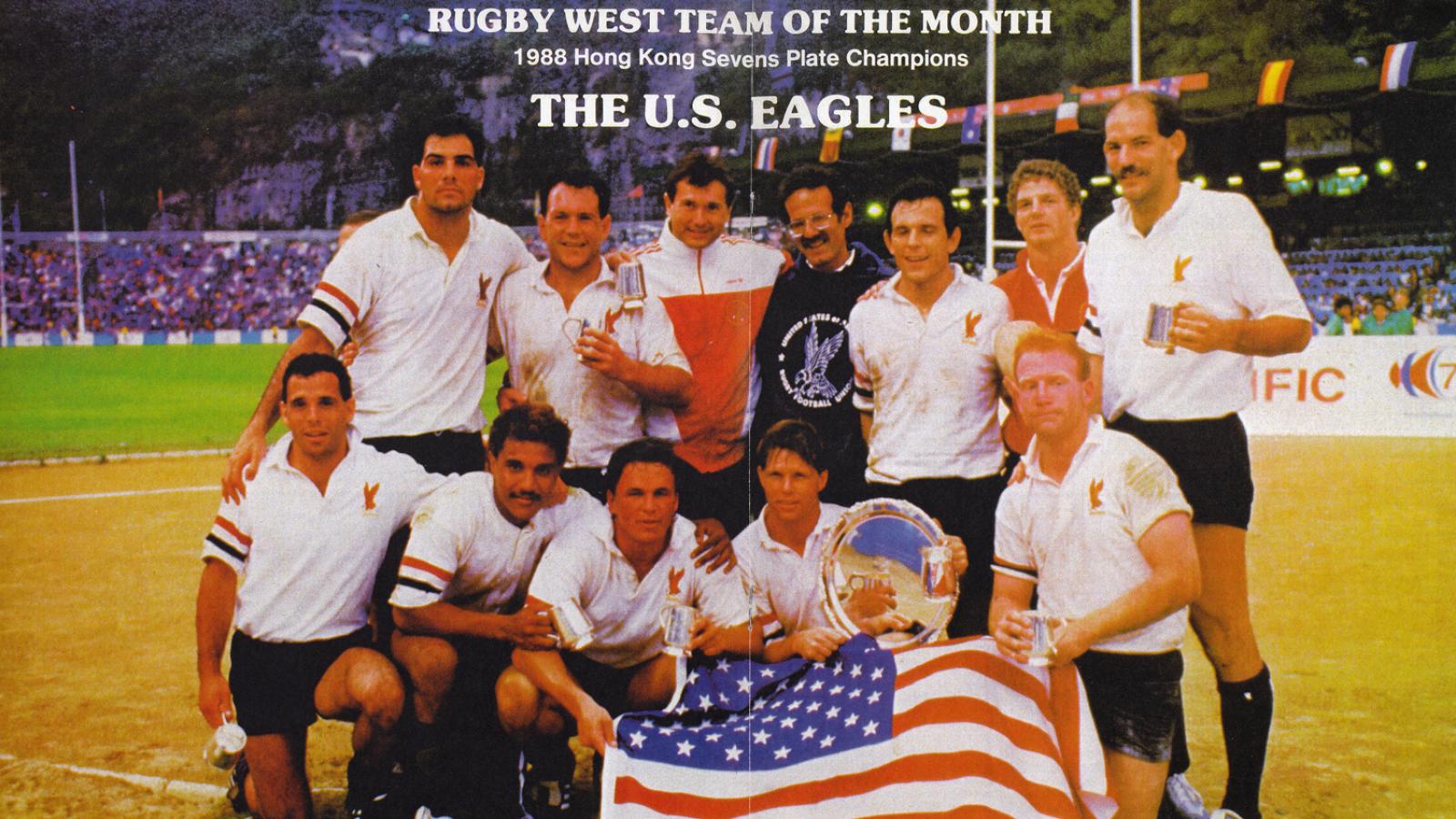The 2024 Boys HS Rugby National Championships was possibly the most successful ever.
From the organization to the caliber of play top to bottom, to the refereeing; while nothing can be expected to be perfect, the event was well-played, well-attended, and well-run.
Now, most of you will know that this writer is part of the HS National Championships Committee. In that role I help pick the teams, seed the teams, find sponsors, and provide advice when asked on other matters.
So yes, I support the event and what it stands for. However, that doesn’t mean I think it’s beyond improvement.
Over the next few weeks I am going to talk about some of the things that happen at HS Nationals and why they happen the way they happen. At some times I will talk about things that need to improve.
This time I am going to talk about the selection process.
We Can’t Have Qualifiers
Back in the olden days we did, in fact, have qualifiers for HS Nationals. The teams and state organizations rebelled against this, Why? Travel costs, planning, and the weather.
When teams played their regional championships in time to make nationals, they had to complete those championships two weeks before the national tournament in order to get halfway decent airfares. This was back when you could potentially get away with booking flights maybe 10 days in advance, and many teams used a service run by former USA player Michael de Jong in which you booked your tickets, but didn’t have to confirm names until 48 hours before.
That all fell apart in the post 9-11 world. You couldn’t do that anymore, and today you really need to book flights several more weeks in advance. So one reason there is an invitation process is because it would be a massive hardship on teams that have to fly if there wasn’t, and that hardship would hit financially-challenged teams the hardest.
The other part of that process which was difficult is, if you hold the tournament in mid-May (as it was for a long time), that meant you needed to wrap up your state or regional championship at the beginning of May. And that meant you needed to wrap up your league play in late April, maybe mid-April. Well, for much of the country April and May are some of the best times to play. So if you have your league finish, say, April 20, that means that all of the teams not going to Nationals are finished playing their league during the exact time of year when conditions are perfect for playing. Look now at how many states hold their championships in mid-May, late-May, and June and you’ll understand that those states are only taking advantage of the best conditions.
It costs to travel to Nationals, and teams need to raise funds and plan for time off, and all of the little niggly things that need to be done. The HS National Championships help with that by operating a hotel booking system that is easy to use and ensured the teams don’t have to spend a lot of time finding a place to stay.
Teams finding out early that they are attending the tournament then have more time to fundraise.
All of this sounds pretty logical and in fact is something teams support. They have to find out early. If we waited until the last two weeks, the tournament would be worse off.
“Just” an Invitational
Many amateur championships are invitationals. To dismiss HS Nationals as not a true championship because teams don’t all qualify through a qualification process misses the fact that other championships do the same thing.
It’s also worth noting that current results still matter. A team doesn’t do well early? They might not get an invitation. This year, Penn was replaced by St. Joseph’s Prep chiefly because Penn’s results were not good enough. In addition, several teams get their HS Nationals invitation based on play-ins, or those results at the very least affect seedings.
But, to the invitational topic … the college football championship playoff is not a direct qualifier; it relies on what are, in the end, subjective rankings. The NCAA basketball tournaments have spots for teams to be invited. They say “they got a bid” but in the end they are invitations … based on this season’s results, sure, but invitations nonetheless. There are at-large bids to the major college rugby championships too.
So basing a championship on invitations … or at-large bids … isn’t out of the ordinary.





